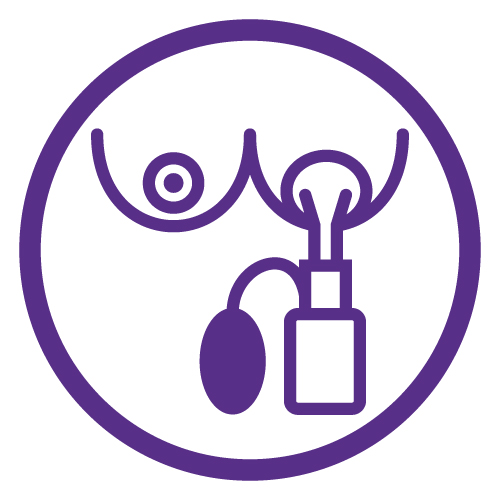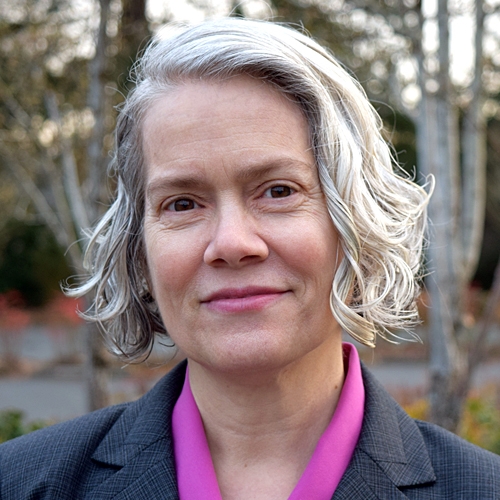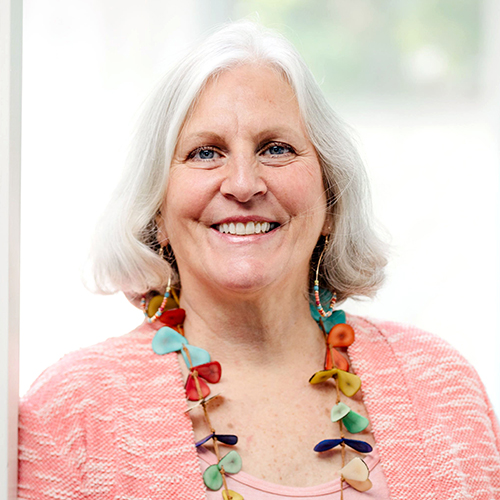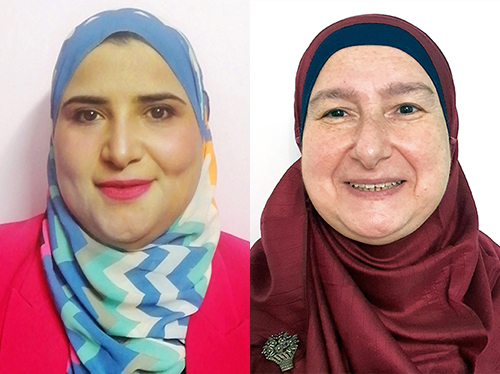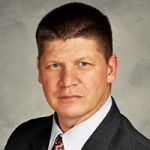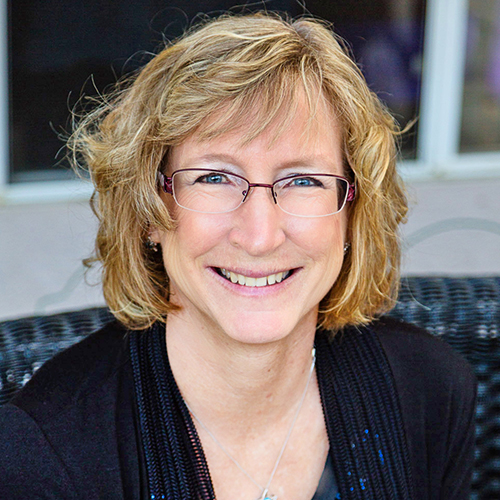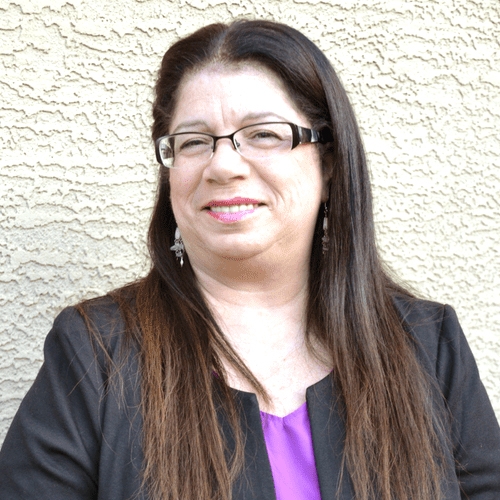 Lactation & Breastfeeding Online Course(s) & Continuing Education
Lactation & Breastfeeding Online Course(s) & Continuing Education
Access the latest clinical skills and research for Lactation & Breastfeeding for professional training. These Lactation & Breastfeeding online courses provide practice-changing skills and valuable perspectives from leading global experts. This Lactation & Breastfeeding education has been accredited for a variety of CEUs / CERPs and can be accessed on-demand, at your own pace.
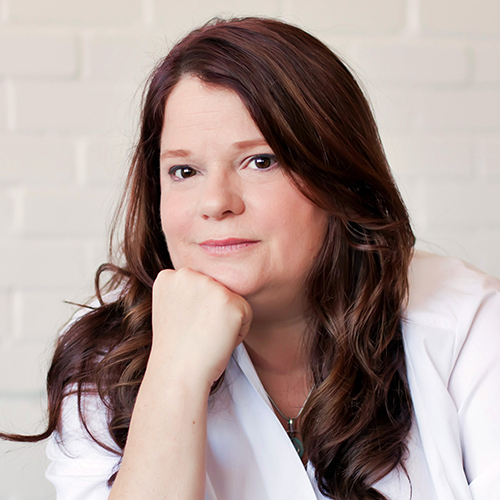

Barbara D. Robertson, IBCLC, has been involved in education for over 34 years. She received a Bachelor’s degree in Elementary Education in 1988 and her Master’s in Education in 1995. Barbara left teaching elementary students in 1995 to raise her two children. Barbara is now the Director of The Breastfeeding Center of Ann Arbor and of the brand new business LactaLearning.
The Breastfeeding Center of Ann Arbor will still continue to serve breast/chestfeeding families and now LactaLearning will be dedicated to all of Barbara’s professional lactation trainings. Barbara has developed two 95 hour professional lactation training, a group training and a completely self study training with Nancy Mohrbacher. Barbara’s idea of creating professional book groups has exploded with her hosting Making More Milk with Lisa Marasco, Supporting Sucking Skills with Cathy Watson Genna, Breastfeeding Answers, 2nd Edition with Nancy Mohrbacher, and new for the fall, Safe Infant Sleep with Dr. James McKenna. Barbara will be hosting a one day online conference in the fall with Lisa Marasco and Cathy Watson Genna using all of her tech savvy skills to make this a one of a kind experience. Barbara is also a speaker for hire on a wide variety of topics including Motivational Interviewing. Barbara volunteered for the United States Lactation Consultation Association as the Director of Professional Development for 4.5 years.
She just retired as Associate Editor for Clinical Lactation, a journal she helped create for USLCA. Barbara has free podcasts, a blog, and Youtube videos which can all be found on her websites lactalearning.com and bfcaa.com. She has written many articles as well. She loves working with parents and babies, helping them with breast/chestfeeding problems in whatever way she can.
Topic: Breastfeeding: Baby’s First Milestone - [View Abstract]
Topic: Clinical Assessment and Management of Low Milk Production - [View Abstract]
Topic: Deconstructing Online Messaging: Ethical Considerations - [View Abstract]
Topic: Milk Sharing and Milk Banking: Building Knowledge for Better Outcomes - [View Abstract]
Topic: The Baby's Not Gaining Weight! Now What? - [View Abstract]
Topic: The Great Nipple Shield Debate - [View Abstract]
Most IBCLCs interact with nipple shields in their work whether a family has brought one in that they are already using or they have suggested using this tool themselves. Are we using them too much or too little? When does it make sense to use this tool? Some lactation consultations say never and some give them out too often. In this session, a brief history of nipple shields will be presented along with the possible reason one might use a nipple shield. The pros and cons of nipple shield use in clinical settings will be debated. Finally, the latest research will be discussed to determine which clinical experiences are grounded in best practice.
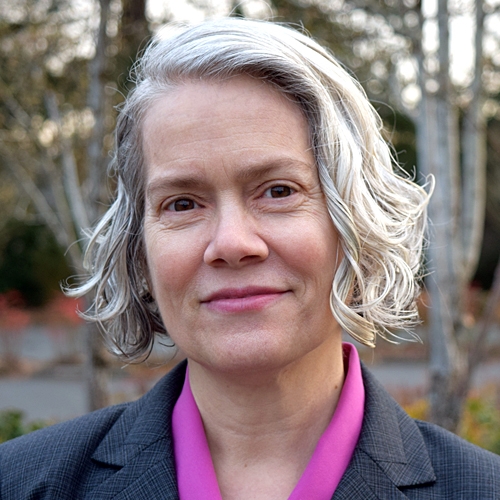
The IBCLC as Expert Witness: Role, Strategies, and Resources

Cynthia Good, MS Clinical Psychology, is an International Board Certified Lactation Consultant, Clinical Counselor, author, consultant, and internationally recognized speaker. She is the Director of LifeCircle Consulting, LLC and is Certified in Acute Traumatic Stress Management. She is based in the Seattle, Washington, USA area, where she formerly served as an Adjunct Professor in the Department of Midwifery at Bastyr University where she taught counseling skills and is a therapist at Sandbox Therapy Group where she works with children, adults, and families. Cynthia has a strong interest in the emerging field of lactational psychology. She brings the evidence and insights of psychology and lactation consulting to her presentations, providing information and teaching skills that are essential to understanding and effectively responding to the complex psychosocial realities of families living in diverse contexts. The focus of her presentations includes communication skills and counseling techniques for perinatal care providers; equity, diversity, and inclusion; infant feeding rhetoric; perinatal mental health; perinatal loss, grief, and trauma; ethics; serving as an expert witness in lactation-related court cases; cultural competence and humility; vitamin D; and more.
Topic: Cultural Competence or Cultural Humility? A Roadmap for Lactation Specialists - [View Abstract]
Topic: Heartbroken: Loss and Grief in the Perinatal Time Period - [View Abstract]
Topic: It Wasn’t Supposed to be Like This: Traumatic Birth, Traumatic Stress, and Breastfeeding - [View Abstract]
Topic: My Brain is Doing What? Bias, Ethics, and the Lactation Specialist - [View Abstract]
Topic: Perinatal Mental Health Screening: A Primer for Lactation Specialists - [View Abstract]
Topic: The IBCLC as Expert Witness: Role, Strategies, and Resources - [View Abstract]
Topic: The Rug Pulled Out from Underneath Me: Depression During Pregnancy and After Birth - [View Abstract]
Topic: Unpacking the Invisible Diaper Bag of White Privilege: An Overview of Racial Inequities in Breastfeeding Support - [View Abstract]
Topic: We’re Human, Too: Hidden Dynamics in Our Communication with Clients - [View Abstract]
In many countries, expert witnesses serve the role of educating triers of fact on issues that are typically outside the experience and knowledge of lay people or professionals who do not have the needed expertise. IBCLCs can serve as expert witnesses in legal proceedings related to situations that involve lactation (e.g., divorce, custody, and visitation; protecting lactation in the work place). Serving well in this role requires a clear understanding of the strengths and constraints inherent in the IBCLC’s scope of practice, using strategies that can make an expert witness more effective, and knowing how to find relevant resources. This session provides IBCLCs with introductory information that will 1) help them make a more informed decision about becoming an expert witness and 2) allow them to perform more effectively and confidently in that role.

View Details / Enroll
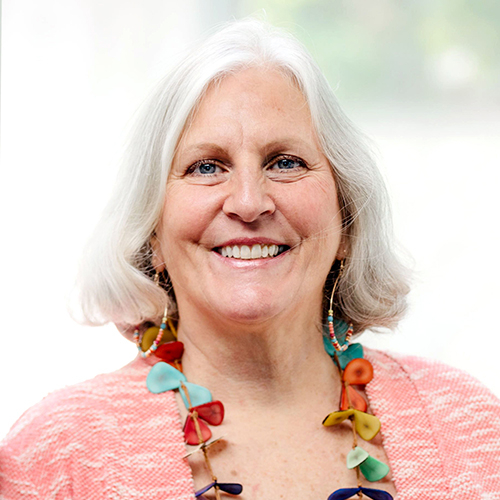
The Impact of Bodywork on Infant Breastfeeding

Dr. Hazelbaker has been a therapist in private practice for over 30 years. She specializes in cross-disciplinary treatment and to that end has taken training in several modalities to best assist her clients. She is a certified Craniosacral Therapist, a Lymph Drainage Therapy practitioner, a Tummy Time™ Trainer, a Haller Method practitioner, A Pre and Perinatal Psychology Educator, a Lactation Therapist Diplomate, an International Board Certified Lactation Consultant and a fellow of the International Lactation Consultant Association.
She earned her Master’s Degree from Pacific Oaks College (Human Development specializing in Human Lactation) and her doctorate from The Union Institute and University (Psychology, specializing in Energetic and Transformational healing.)
People recognize her as an expert on infant sucking issues caused by various structural problems like torticollis, plagiocephaly, brachycephaly and tissue shock-trauma. She invented the Hazelbaker™ FingerFeeder and the Infant Breastfeeding CranioSacral Protocol™ to assist in the resolution of this type of infant sucking dysfunction.
Topic: Cranial Nerves: A Critical Component of the Process of Breastfeeding - [View Abstract]
Topic: Creating Flow: Using Lymphatic Drainage Therapy for Breastfeeding Issues - [View Abstract]
Topic: Finger Feeding: What Do We Know? What Should We Know? - [View Abstract]
Topic: Gamechangers: New studies that will change the way we think about tongue-tie - [View Abstract]
Topic: Infant Trauma: Impact on Breastfeeding - [View Abstract]
Topic: The Faux Tie: When is a "Tongue-tie" NOT a Tongue-tie? - [View Abstract]
Topic: The Impact of Bodywork on Infant Breastfeeding - [View Abstract]
Topic: What Does Torticollis Have to do with Breastfeeding? - [View Abstract]
This session addresses the types of breastfeeding problems that respond to bodywork. Dr. Hazelbaker presents examples of structurally related sucking dysfunction that indicates the need for bodywork. She discusses the three major release areas that must be addressed to resolve the sucking issue.
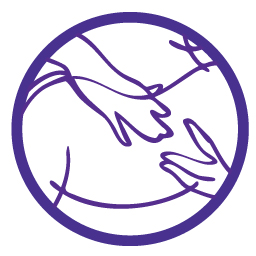
View Details / Enroll
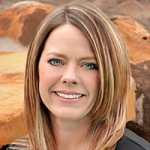
The Integration of Feeding Skills: Oral Motor Patterns and Reflexes

Kristie Gatto, MA, CCC-SLP, COM received her bachelor’s and master’s degrees from the University of Houston in Houston, Texas. She has worked as a speech-language pathologist in the public and private school systems, skilled nursing, rehabilitation and children’s hospitals, and in private practice. In 2004, Ms. Gatto became the co-owner of a private practice in Northwest Houston and began her journey in treating children with pediatric feeding disorders. After years of searching for answers in traditional feeding approaches, she underwent training in the field of Orofacial Myology and became the first certified orofacial myologist in the city of Houston in 2011. Ms. Gatto is currently the owner of The Speech and Language Connection, which has two offices in the greater Houston area and employs 21 speech-language pathologists with various specialties.
For the past ten years, she has focused her clinical skills on treating patients with issues in feeding, dysphagia, deglutition, oral sensory aversion, orofacial myology, and swallowing- related disorders, as well as articulation, phonological processing, apraxia, and early childhood intervention.
Ms. Gatto is a member of the American Speech-Language-Hearing Association (ASHA), International Association of Orofacial Myology (IAOM), American Academy of Private Practice in Speech Pathology & Audiology (AAPPSPA), Texas Speech-Language-Hearing Association (TSHA), and Houston Association for Communication Disorders (HACD). Additionally, she serves on the board of directors for the IAOM and AAPPSPA and the Community Advisory Board for the University of Houston.
Babies are born with lips, tongues, jaws, cheeks and reflexes that were designed for natural acquisition of skills in feeding, drinking, facial expression and, in speech. Oral motor patterns are the functioning of these structures, whereas, the reflexes are the infant’s mode of survival. These skills occur naturally when the oral structure is intact. When abnormality to the anatomy occurs, maladaptive movements are created and compensatory strategies are learned. The infant, child, or adult modifies their muscle functioning to eat, drink, and speak that directly affects the appropriate integration of higher skills during these feeding milestones. This session will address the normal and abnormal oral motor patterns, feeding milestones and the natural integration of the reflexes.

View Details / Enroll

The Intersection Between Lactation, Sleep, and Family Well-Being

Joy MacTavish, MA, IBCLC, RLC is an International Board Certified Lactation Consultant and certified Holistic Sleep Coach focusing on the intersections of infant feeding, sleep, and family well-being. Through her business, Sound Beginnings, she provides compassionate and evidence-based support to families in the greater Seattle area, and virtually everywhere else. She entered the perinatal field in 2007 as birth and postpartum doula, and childbirth and parenting educator. Joy holds a Master of Arts in Cultural Studies, graduate certificate in Gender, Women and Sexuality Studies, and two Bachelors degrees from the University of Washington. She enjoys combining her academic background, analytical skills, and passion for social justice into her personal and professional endeavors. Joy serves as an Advisory Committee Member and guest speaker for the GOLD Lactation Academy. When not working or learning, she can be found homeschooling, building LEGO with her children, or dreaming up her next big adventure.
Topic: Full-Term Breastfeeding/Chestfeeding: Benefits, Considerations, and Ways to Offer Support - [View Abstract]
Topic: Mindful Breastfeeding: How Lactation Professionals Can Support Calm and Connection - [View Abstract]
Topic: Sending Reports: What’s in it for IBCLCs? - [View Abstract]
Topic: Supporting Clients Facing Fertility Treatment - [View Abstract]
Topic: The Intersection Between Lactation, Sleep, and Family Well-Being - [View Abstract]
Topic: Weaning: Supporting Families Stopping Lactation and/or Ending Their Breastfeeding/Chestfeeding Relationship - [View Abstract]
New parents often have questions and concerns about infant sleep, and the changes and challenges that go along with it. It is important to meet families where they are at the intersection between infant feeding, lactation, sleep, and family well-being. As lactation professionals, we can support them in gaining greater understanding of what to expect for infant sleep, as well as how to navigate challenges that may arise while working toward their lactation goals.
This presentation provides evidence-based information about common topics related to lactation and infant sleep. Participants will leave with an understanding of the key steps for how to integrate the management of infant sleep challenges into a lactation care plan. This includes 1.) a process for obtaining information about current sleep, and the variety of factors that may be impacting infant and parental sleep; 2.) elements to consider as a lactation care plan is created; and 3.) how to provide evidence-based information and resources in a compassionate manner that will allow informed decision-making about next steps toward their lactation and sleep goals. Incorporating this process into one’s practice will lead to more comprehensive care plans that take into account the realities and needs of the each family.
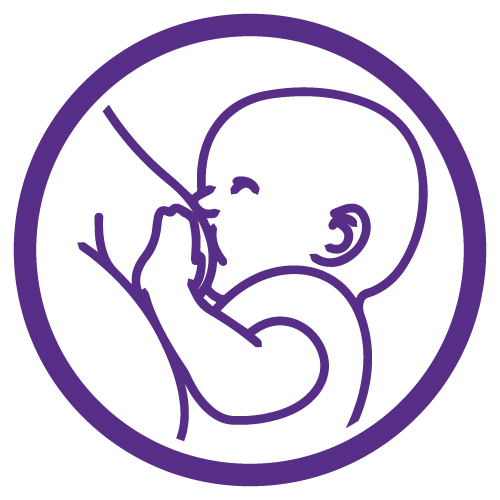
View Details / Enroll
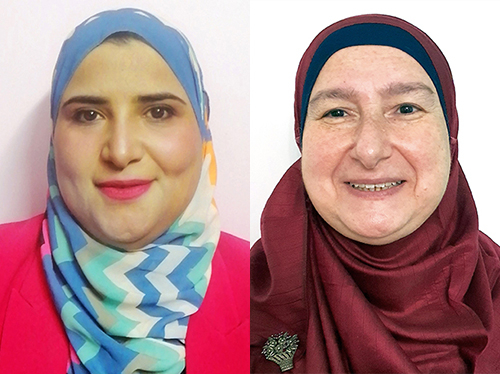

Dr. Fayrouz Essawy, pediatrician, neonatology consultant, an international board-certified lactation consultant, Neonatology Egyptian fellowship trainer, a baby friendly hospital initiative coordinator and associate alumni, Harvard Medical School Harvard Graduate of Training Of Trainer program 2020. Harvard Graduate of Egypt Clinical Scholars Research Training (CSRT) program 2021. Member of the Egyptian Society of Pediatrics Member of the Egyptian Lactation Consultants Association (ELCA) Member of the Academy of Breastfeeding Medicine (ABM) Member of the International Lactation Consultant Association (ILCA).
Amal Aly Roshdy Hassan Eltawil is a graduate of Faculty of Medicine, Cairo University, class of 1986 who obtained Masters of Pediatrics in 1992 from Faculty of Medicine, Cairo university, and Doctorate of Pediatrics from Al Azhar university in 2002. Amal became an IBCLC in 2003. Since 2004 she has been providing a pre-exam course for the Egyptian Lactation Consultants' Association of which she is a board member, treasurer and education coordinator. She is also a member of the Advisory committee of IBFAN Arab world since 2012. Amal is a member of ILCA since 2008 and a member of the Academy of Breastfeeding Medicine (ABM) since 2009. She became a fellow and Board member of ABM in 2021.
Breast milk can appear in many different colors. Most of the time these colour variations are normal, but sometimes they are an indicator of disease and it's important for care providers to know the difference. The presence of an unusual milk color, especially with colostrum, may also be a barrier to exclusive breastfeeding as it can be worrying for parents. This presentation will examine some of the various colours of breastmilk such as blood-stained, blue, and bluish-green, pink and brownish. Case studies will help identify the causes of these colour variations and when to consider underlying disease.
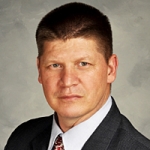

Tom Johnston is unique as a midwife and lactation consultant and the father of eight breastfed children. Recently retired after 27 years in the US Army, he is now an Assistant Professor of Nursing at Methodist University where he teaches, among other things, Maternal-Child Nursing and Nutrition. You may have heard him at a number of conferences at the national level, to include the Association of Woman’s Health and Neonatal Nurses (AWHONN), the International Lactation Consultant’s Association (ILCA), or perhaps at dozens of other conferences across the country. In his written work he routinely addresses fatherhood and the role of the father in the breastfeeding relationship and has authored a chapter on the role of the father in breastfeeding for “Breastfeeding in Combat Boots: A survival guide to breastfeeding in the military”.
Topic: Human Milk Synthesis: Just When You Thought You Knew - [View Abstract]
Topic: New Insights Into the Maternal Child Microbiome - [View Abstract]
Topic: Promoting Provider Self-Efficacy in Breastfeeding Support - [View Abstract]
Topic: Still Swimming Upstream: Breastfeeding in a Formula Feeding World - [View Abstract]
Topic: The Making of Human Milk: A Clinical Update - [View Abstract]
Topic: The Maternal-Child Microbiome or: The “Oro-boobular axis” - [View Abstract]
Topic: The Maternal-Child Microbiome or: The “Oro-boobular axis” - [View Abstract]
Topic: The Perinatal Microbiome - [View Abstract]
Topic: Using Evidence to Develop Clinical Lactation Skills - [View Abstract]
Did you know that a mother who breastfeeds her child is more likely to “match” as an organ donor than a mother who does not breastfeed her child? How does that happen? The answer may lie in the Maternal-Newborn Microbiome, AKA “The Oro-boobular” axis. The scientific world is exploding with excitement over the discovery of the microbiome. While it appears clear that a suckling infant’s intestinal microbiome communicates with the mother’s lactocyte and perhaps beyond, little is known about the effects of this communication in practical terms. This presentation will review what is known and attempt to explain what it means, both now and in the future.

View Details / Enroll
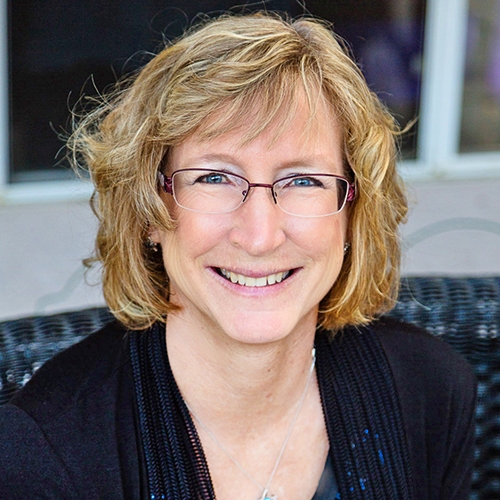

Lisa Marasco has been working with breastfeeding mothers for 35 years and has been Internationally Board Certified since 1993. She holds a Master’s degree in Human Development with specialization in Lactation Consulting and was designated a Fellow of ILCA in 2009.
Lisa is co-author of Making More Milk: The Breastfeeding Guide to Increasing Your Milk Production, a contributing author to the Core Curriculum for Interdisciplinary Lactation Care, and a Cochrane Collaborative author. She is employed by WIC of Santa Barbara County while she continues to research, write and speak. In addition, Lisa is affiliated with La Leche League of So. Calif/Nevada, and serves on the Breastfeeding Coalition of Santa Barbara County.
Topic: Deciphering the Lactation Curve - [View Abstract]
Topic: Getting a Better Grip on Prolactin - [View Abstract]
Topic: Recognizing When Things Are Heading South - [View Abstract]
Topic: The Mysterious Milk Ejection Reflex - [View Abstract]
Milk removal drives milk production and feeds the baby. The ability of a baby or pump to remove milk from the breast depends strongly on the milk ejection/letdown reflex. While normally robust, a number of factors can influence this reflex, some more obvious than others. When milk flow suddenly becomes an issue, the rush is on to determine why and what to do about it. This session will take a deeper look at how this reflex works, factors that can affect it positively or negatively, and potential strategies to help.

View Details / Enroll
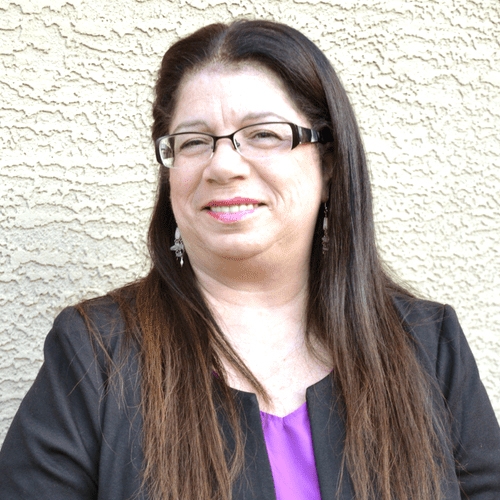

Lori J. Isenstadt, IBCLC, CCE, CBD, began her IBCLC career in 2 large hospitals and a local breastfeeding clinic. In 2007, she opened her practice, All About Breastfeeding, offering private consultations, and breastfeeding classes. Her expertise ranges from basic breastfeeding through the most complicated of breastfeeding challenges. In the last 30 years, Lori has taught breastfeeding classes to over 8000 parents where she focuses on what they should expect in the early days of breastfeeding. Lori is a member of Toastmasters International and enjoys speaking about mothering and breastfeeding. Lori is the host of All About Breastfeeding, a podcast where she interviews mothers, authors, researchers and physicians about topics related to breastfeeding. Lori believes that breastfeeding is a family affair. To help support her mission to educate families as well as corporations and business owners about breastfeeding, she has recently released the most comprehensive audio breastfeeding masterclass. She has produced over 300 shows many of which focus on breastfeeding educational topics. On a personal note, Lori resides in Phoenix, AZ is married to Alan for 38 years and is the mother of three adult children. Lori can be reached by email: [email protected] and website: www.aabreastfeeding.com
Topic: The Good news about delivering bad news: how to present difficult information to parents - [View Abstract]
Topic: The Original Foster-Mother Were Wet Nurses - [View Abstract]
The historical evolution of infant feeding includes direct breastfeeding, wet nursing and bottlefeeding. Before the invention of bottles/ vessels to feed babies, wet nursing was the safest and most common alternative way to feed a baby. As bottles and nipples were developed, scientific advancement improved formulas, wet nursing fell out of favor. It gradually went from being widely accepted as the most normal way to feed a baby to where we currently are as a modern society. It is negatively seen as being weird and risky behavior. When mothers do not breastfeed or give their babies human milk, they use formula to feed their babies. Given the current knowledge of lack of complete nutrition formula has more mothers are showing an interest and actively pursuing wet/cross nursing. This presentation will help us understand the history of wet nursing and offer reasons to support, advocate and be encouraging to mothers who want to participate in the practice of wet/cross nursing.

View Details / Enroll
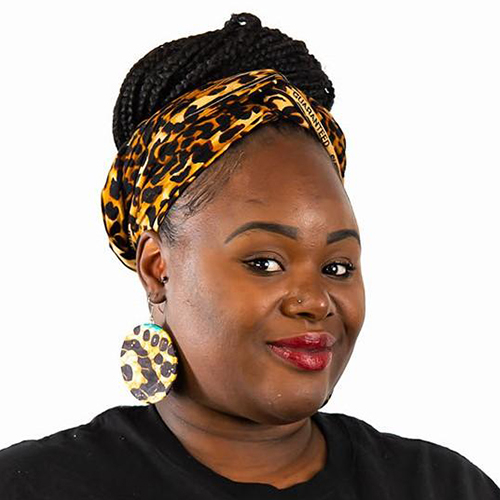

Brandi Gates-Burgess is a Lactation Consultant at Highland Hospital, Community Engagement specialist for the MILK Research Lab, serves on the Community Advisory Board of the UCSF Preterm Birth Initiative, and Co-chairs The Breastfeeding Cultural Outreach Taskforce (BCOT). Recently, Brandi transitioned from her 16-year career providing lactation support to families of the California WIC Program and decided to live her dream. She started her non-profit organization Breast Friends Lactation Support Services where she provides group lactation education and support to Black Families in the Bay Area. She is a mother to 4 breastfed children, wife and world traveler.
Topic: The Power of Mentorship - [View Abstract]
In Alameda County, Black women are initiating exclusive breastfeeding, but only ~15% remain breastfeeding by 3 months. For impoverished Black women, especially those in their teen years or who may have less than high school education, these numbers are even lower (9-12%). There is minimum breastfeeding support for black families.
When Black mothers in West Oakland who received peer and professional breastfeeding support through Breast Friends, exclusive breastfeeding at 3 months rose to 63%. This project expanded the Breast Friends model to East Oakland while also training 12 new peer counselors (including 1 father), 24 new group facilitators, and enhancing breastfeeding messaging in the California Black Infant Health program. The project surpassed our expectations. 5 out of the 12 trained peer counselors are now working in other community organizations as Community health outreach worker, peer counselors, doulas and WIC staff.

View Details / Enroll




